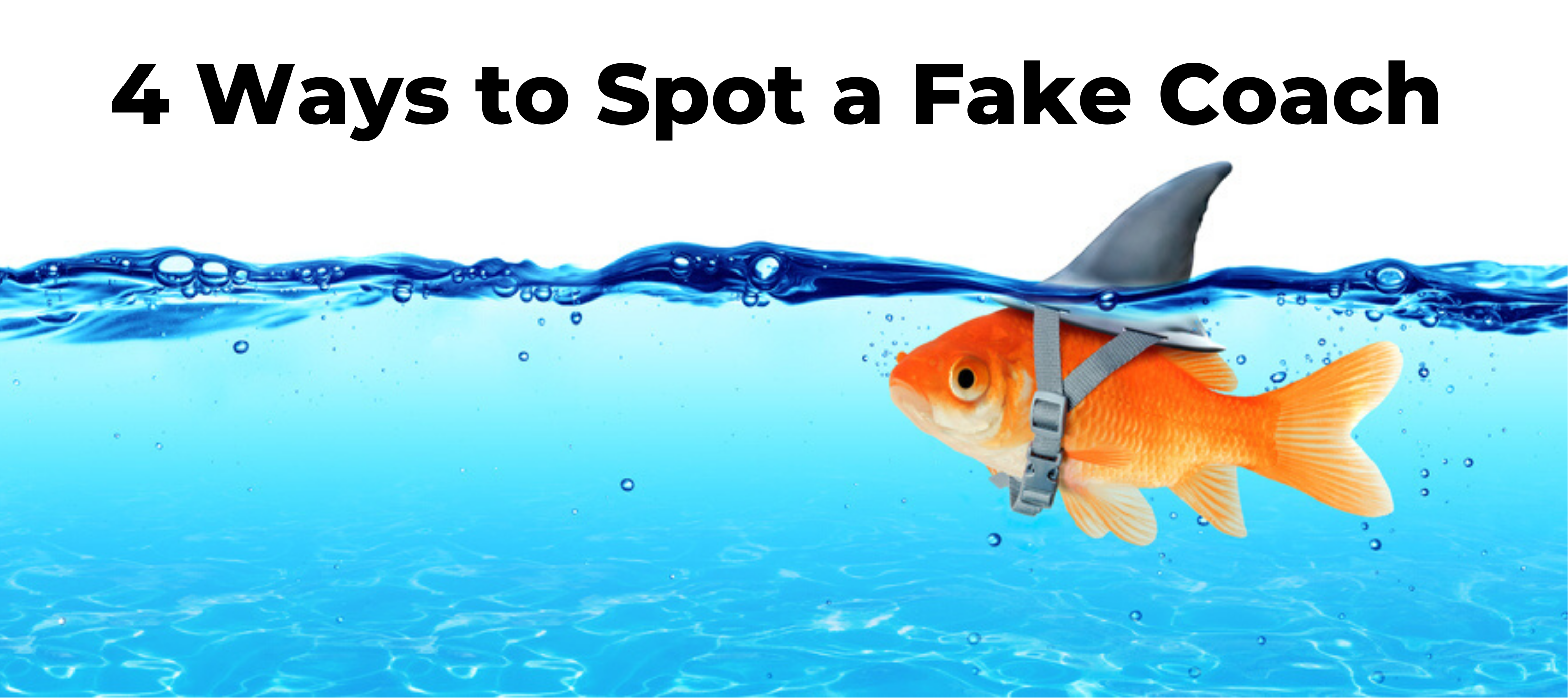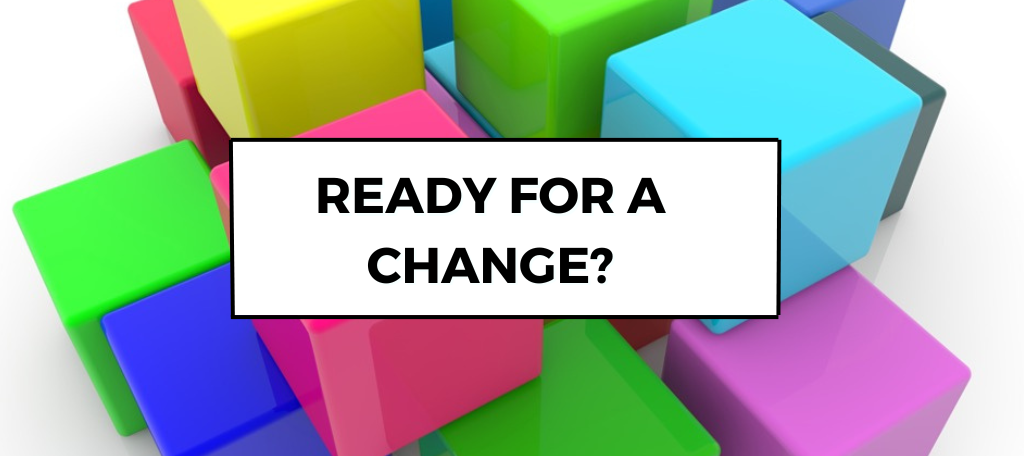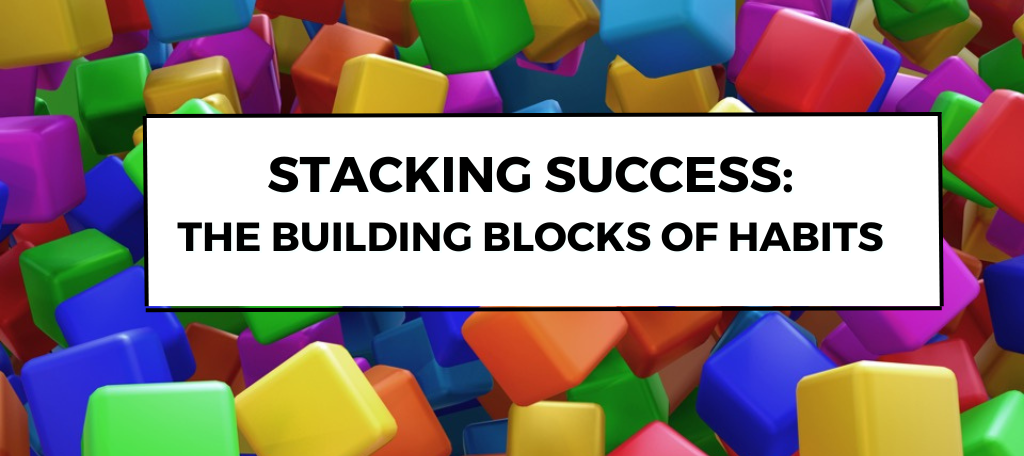When I first became a coach (more than a decade ago), and people asked what I did for a living, I’d simply say I was a coach. People assumed that meant I coached some type of sports team, such as soccer. That conversation would naturally lead to a correction about me being a “professional coach,” which was followed by a quizzical look and the next question: what is that, like Tony Robbins? This ultimately lead to my explanation of how I help people and businesses.
I’ve found more recently that people are starting to understand what professional coaching is—or at least they think they do! The term is commonly used to refer to a variety of activities, many of which do not fall within the true domain of coaching. The field of coaching is still fairly new, dating back to the 90s, but it is still unregulated. That means that anyone—yes, literally anyone—can say they are a coach. No license, degree, or experience is required to designate yourself as a coach. As a result, the term has become diluted and overused. A professional coach (the key word here being professional) should have standards, ethics, and competencies that they uphold. The International Coach Federation (ICF) is the accrediting entity that certifies schools in coach training and credentials individuals as certified coaches. In order to be certified, one must complete a coach training program, demonstrate proficiency in coaching sessions, uphold ethical standards, and pass a three-hour knowledge assessment. Here’s the tricky part: if you aren’t a member of ICF, you can say you’re a coach and not have completed any of that. That’s what I call a “fake” coach.
So, it’s up to the public to ask if a coach is actually trained, certified, and a member of ICF.
Quick giveaways that your coach is a fake.
- Your coach tells you what to do. I know this sounds strange, but hear me out. The role of a coach is to facilitate a conversation that supports the client in recognizing their own strengths, resources, and answers. Telling someone how to run their business or live their life is the role of a consultant, parent, or advisor, not of a coach. I knew of a coach who told a woman after one session that she needed to get rid of her existing business and go back to what she was doing before, since that would get her closer to retirement. There was no discussion about her reasoning for the change, her hopes and dreams, or alignment with her values. Not only does this create confusion and dependency, but in the long run it creates a high level of dissatisfaction.
- Your coach oversimplifies change and human behavior based on a familiarity with one tool. There are dozens and dozens of tools and assessments that look at strengths, personality, behavioral style, learning style, decision-making abilities, leadership skills, etc. A fake coach is usually familiar with one particular assessment, for instance the DISC, and they use that information to pigeon-hole and categorize all their clients within a four-category box. I’m not dissing the DISC; I use the DISC Model in my practice and find it incredibly useful. It isn’t, however, a true personality profile, and it doesn’t capture all the nuances of human behavior or, in particular, behavior change. Reading a report to a client and regurgitating the synopsis doesn’t support them in enhancing motivation and long-term behavioral change. Specific skills are required to help coach this change.
- Your coach overlooks social dynamics and environmental factors. As human creatures, we adapt based on our surroundings and our environments. Have you ever noticed, even as an adult, that when you are around your parents, you feel like a teenager all over again? You unintentionally resort to acting the way you did when you were younger. That’s because we all have roles, expectations, and identities that differ at work, at home, with family, etc. A good coach is able to understand the external influences on our thoughts, feelings, and behaviors, and they use this to empower clients to become authentic. A fake coach often overlooks these principles or minimizes their importance, almost as if to say, “get over it” or “that’s no big deal.”
- Your coach is disingenuous. I’m certainly not perfect, and at times I am guilty of hypocrisy. For instance, I can coach someone on emotional intelligence and strategies for emotional control and self-management and still blow a gasket when I am stuck in rush hour traffic! By disingenuous coaches, I mean the ones who ooze arrogance and brag nonstop about their own success. Success in my mind is determined by the richness in your life, not the riches in your life. Richness in life encompasses the quality of your relationships, your contributions to society, and the meaning you find in your work—all of which, by the way, can be nicely compensated. A fake coach gauges success solely on dollars earned.
The next time you meet someone who says they are a coach, or if you are considering hiring a coach, make sure you find out about their background, credentials, and style! That will tell you everything you need to know.




